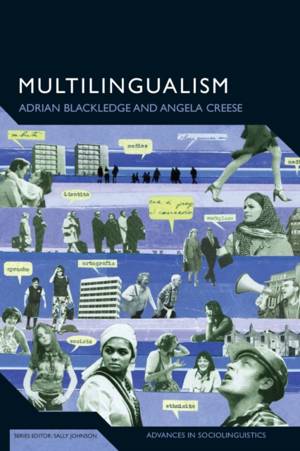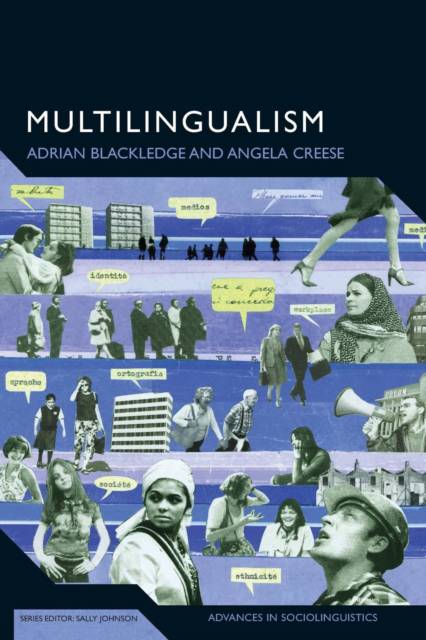
- Afhalen na 1 uur in een winkel met voorraad
- Gratis thuislevering in België vanaf € 30
- Ruim aanbod met 7 miljoen producten
- Afhalen na 1 uur in een winkel met voorraad
- Gratis thuislevering in België vanaf € 30
- Ruim aanbod met 7 miljoen producten
Zoeken
€ 152,95
+ 305 punten
Uitvoering
Omschrijving
What does it mean to young people to be multilingual? What do multilingual speakers' linguistic resources mean to them? Are they happy to discard their languages, and assimilate to English, or are there other issues at stake? Do communities set out to ensure that their languages are maintained and passed on to the next generation, and if so, how, and why?
What if speakers appropriate and make use of linguistic resources not typically associated with their 'ethnic' or 'heritage' group? Is there consensus about the role and value of particular sets of linguistic resources, or is this contested, and negotiated? How do negotiations about linguistic resources and identities play out in institutional contexts, and what language practices are used in these negotiations? Adrian Blackledge and Angela Creese address these questions, taking a critical perspective to examine issues such as nationalism, heritage, culture, identity negotiation, ideology and power. They offer responses from their detailed investigations of the language practices of multilingual young people and their teaching experiences in complementary schools in four cities in England. As a comprehensive examination of the issues surrounding multilingualism, it will be essential reading for advanced students and researchers of sociolinguistics and multilingualism.Specificaties
Betrokkenen
- Auteur(s):
- Uitgeverij:
Inhoud
- Aantal bladzijden:
- 272
- Taal:
- Engels
- Reeks:
Eigenschappen
- Productcode (EAN):
- 9780826492098
- Verschijningsdatum:
- 7/02/2010
- Uitvoering:
- Paperback
- Formaat:
- Trade paperback (VS)
- Afmetingen:
- 155 mm x 231 mm
- Gewicht:
- 408 g

Alleen bij Standaard Boekhandel
+ 305 punten op je klantenkaart van Standaard Boekhandel
Beoordelingen
We publiceren alleen reviews die voldoen aan de voorwaarden voor reviews. Bekijk onze voorwaarden voor reviews.







